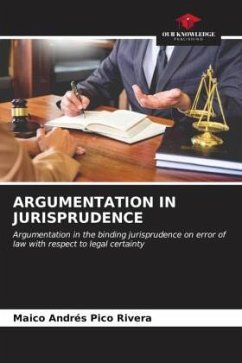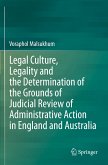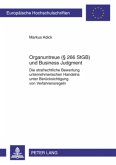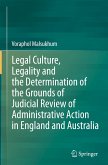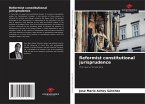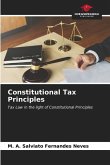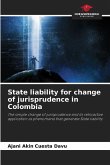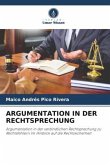The present investigation focuses on the argumentative analysis of the sentence 1158-17-EP/21 in which sentence N° 020-09-SEP-CC, 2009 is used as binding jurisprudence; which determines that the error of law is located in the insurmountable incongruence between the basis of the sentence, the normative and philosophical reality that characterizes the current Constitution, which could generate a broad power of the judges in their judicial decisions. However, sentence 1158-17-EP/21 does not make clear the motivation insofar as it empowers the judges to have a broad decision and to be able to decide freely, which would violate the right to legal certainty. This reality is worrisome because this ruling in turn also constitutes binding jurisprudence that would be applied in future rulings. The general objective is to analyze the argumentation of binding jurisprudence due to an error of law with respect to legal certainty. The research modality is qualitative, which describes the phenomenon under study. For this purpose, the inductive-deductive methods will be applied.
Bitte wählen Sie Ihr Anliegen aus.
Rechnungen
Retourenschein anfordern
Bestellstatus
Storno

